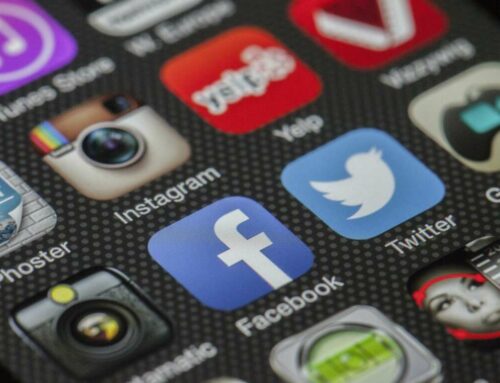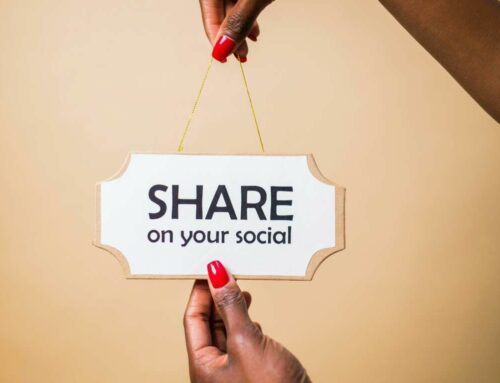
Social media has become a ubiquitous presence in our lives. It’s hard to imagine a day without scrolling through our feeds, liking pictures, and sharing posts. Social media platforms have become a part of our daily routine, and we often find ourselves checking our phones for updates even when we have nothing else to do. So why is social media so addictive? In this article, we’ll explore some of the psychological reasons behind our social media addiction.
Table of Contents
Dopamine Rush
One of the main reasons why social media is so addictive is the dopamine rush it provides. Dopamine is a neurotransmitter that is responsible for pleasure and reward. When we engage in activities that make us feel good, like eating our favorite food or having sex, our brains release dopamine.
Social media platforms have been designed to trigger the release of dopamine in our brains. When we receive a notification, our brains release dopamine, and we feel a sense of pleasure and satisfaction. This is why we often find ourselves checking our phones constantly, hoping for notifications that will give us a quick dopamine fix.
Fear of Missing Out (FOMO)
Another reason why social media is so addictive is the fear of missing out (FOMO). We all want to feel connected and included in our social circles, and social media platforms provide us with a way to stay connected with our friends and family. However, this constant need to stay connected can lead to FOMO, which is the anxiety we feel when we think we’re missing out on something important.
Social media platforms exacerbate our FOMO by showing us the highlights of other people’s lives. We see our friends’ vacation pictures, their new job announcements, and their relationship updates. This constant stream of information can make us feel like we’re missing out on something, which can lead to anxiety and a constant need to check our phones to make sure we’re not missing out on anything important.
Social Comparison
Social media platforms also trigger our social comparison tendencies. We all have a natural tendency to compare ourselves to others, and social media platforms provide us with the perfect platform to do so. We see other people’s perfect lives, their picture-perfect bodies, and their seemingly perfect relationships. This constant comparison can lead to feelings of inadequacy and low self-esteem.
Instant Gratification
Social media platforms provide us with instant gratification. We can post a picture or a status update and receive instant feedback from our friends and followers. This instant feedback can be addictive, as it provides us with a quick sense of validation and satisfaction.
Conclusion
In conclusion, social media is addictive for several reasons. It triggers the release of dopamine in our brains, which provides us with a sense of pleasure and satisfaction. It also exacerbates our fear of missing out, as we constantly feel like we’re missing out on something important. Social media platforms also trigger our social comparison tendencies, which can lead to feelings of inadequacy and low self-esteem. Finally, social media platforms provide us with instant gratification, which can be addictive. Understanding these psychological factors can help us be more mindful of our social media use and develop healthier habits.


































